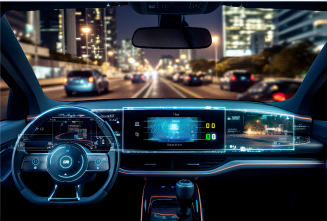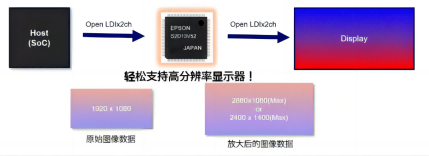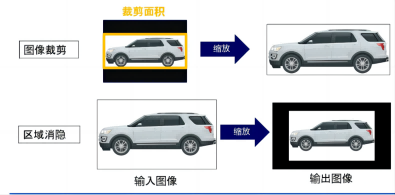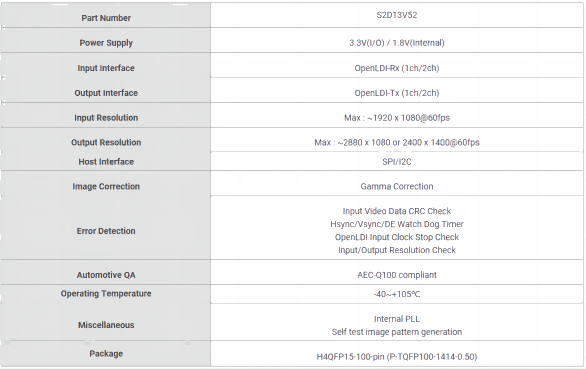POP_UP_MESSAGE_CONTENT


Car Display Screen: How to Utilize Existing Assets to Quickly Implement High Resolution Display Systems

As cars become increasingly complex and entertainment spaces expand, display screens in the cabin, such as instrument panels, central information displays, passenger displays, and head up displays, are all moving towards larger sizes and higher resolutions. Generally speaking, high-end SoC is required to achieve high-resolution display systems. However, the following issues may arise when adopting the new SoC:
1. Using expensive SoC leads to increased costs
2. Increased memory capacity leads to increased costs
3. Software development leads to an increase in design resources
4. Heat dissipation issues and other factors lead to an increase in design resources
So is there a better solution? If the existing display system is already in place, utilizing Epson's scaling IC can maximize cost increase and shorten development time.
Epson's S2D13V52 car scaler | ℃ can expand or reduce the image data stream from the host (SoC) and output it to the display. This product does not require external storage and can be attached to existing display systems. By transferring to a mature host (SoC), it is possible to quickly develop display systems of any resolution.

In addition, it can also specify the scaling area (input cropping) of the input image, as well as the function of specifying the color of the remaining area (area blank) when the set output image is smaller than the panel resolution, so that the image can be displayed on panels of different resolutions and maintain the aspect ratio of the image.

This product also meets the strict quality requirements for automotive applications, with a working temperature of up to 105 ° C, and meets the AEC-Q100 standard. The specific specifications are as follows:













